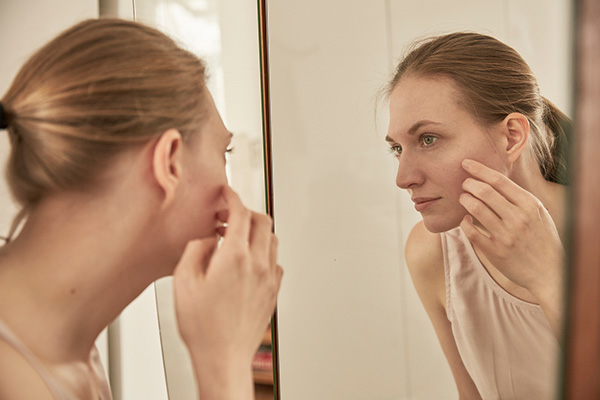How Do You Know If You Have Psoriasis? Essential Insights for Beauticians
Understanding skin conditions is crucial for any beautician looking to provide the best care for their clients. One of the most common issues they may encounter is psoriasis. But how do you know if you have psoriasis? In this article, we will dive deep into the characteristics, symptoms, diagnosis, and treatment options related to this condition.

What is Psoriasis?
Psoriasis is a chronic autoimmune condition that primarily affects the skin. It often appears as red patches covered with thick, silvery scales. Though it is not contagious, it can be quite distressing for those who have it. Beauticians must be able to recognize its signs to help clients manage their skin effectively.
Key Symptoms of Psoriasis
When considering how do you know if you have psoriasis, it is essential to identify its symptoms. Common signs include:
- Red patches of skin with silvery scales.
- Dry, cracked skin that may bleed.
- Itching, burning, or soreness in the affected areas.
- Thickened, pitted, or ridged nails.
- Swollen and stiff joints (in cases of psoriatic arthritis).
To gain further insights on this condition, you can visit Penn Medicine.
Understanding the Triggers
Several factors can trigger psoriasis flare-ups. These include:
- Stress: High-stress levels can lead to outbreaks.
- Infections: Such as strep throat.
- Cold weather: Dry skin can worsen symptoms.
- Skin injuries: Cuts, scrapes, or severe sunburn.
For beauticians, it's vital to recognize these factors in clients to provide tailored advice on prevention and management strategies.
Diagnosing Psoriasis
So, how do healthcare professionals confirm whether someone has psoriasis? Diagnosis usually involves:
- Physical Examination: A doctor will examine the skin, nails, and scalp.
- Medical History: Past medical history and family history of psoriasis.
- Skin Biopsy: In some cases, a biopsy might be needed to rule out other skin conditions.
If you come across clients displaying symptoms of psoriasis, its prudent to recommend they consult a dermatologist for an accurate diagnosis.
How to Provide Care for Clients with Psoriasis
Once you have identified a client exhibiting signs of psoriasis, never panic. Instead, offer your support through:
- Consultation with Medical Professionals: Encourage clients to seek dermatological advice.
- Hydrating Treatments: Recommend products specifically designed for dry skin.
- Gentle Exfoliation: You can also refer to how to exfoliate the whole body and understand that gentle care can help remove flaky skin.

Summary of Treatment Options
Clients with psoriasis have several treatment options available:
- Topical Treatments: These include corticosteroids and vitamin D derivatives.
- Phototherapy: Exposure to ultraviolet light is a common method used.
- Systemic Medications: For severe cases, medications that affect the entire body may be required.
Beauticians should always keep updated with the treatments available and know when to refer clients to a dermatologist. For more information about treatment, consider visiting Mayo Clinic.
Frequently Asked Questions About Psoriasis
- 1. Can psoriasis be cured?
- No, but with proper care and treatment, symptoms can be managed.
- 2. Is psoriasis contagious?
- No, psoriasis is not contagious.
- 3. How can I support clients with psoriasis?
- Offer gentle skincare advice and recommend they seek medical help if necessary.
In conclusion, understanding how do you know if you have psoriasis is vital for every beautician who aims to provide exceptional care to their clients. By recognizing symptoms, understanding treatment options, and knowing the triggers, you can help your clients feel more confident and supported.
For more detailed information regarding psoriasis, check out this enlightening article from Health Central.

